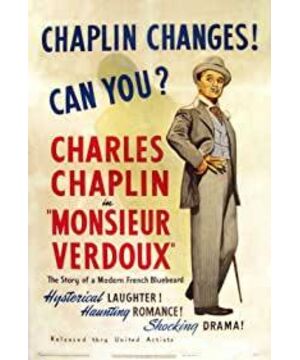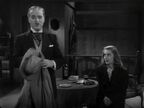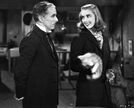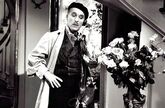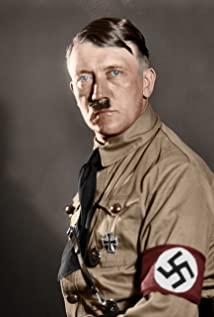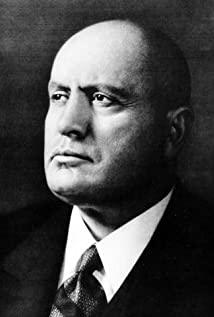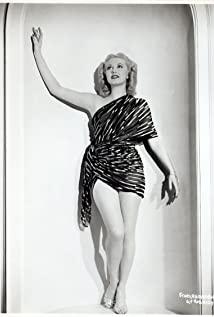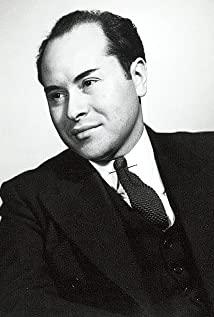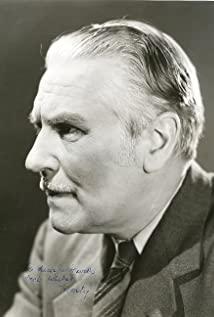This is Chaplin’s second film with sound. In the film era where there is no need to design a lot of actions to express the plot, Chaplin can express richer and more conflicting plots through simultaneous voice, but the actions of the past silent film era It hasn't completely disappeared. The ability to combine this language with actions and expressions to express such a vivid expression, and to promote it, Chaplin can be regarded as the first person, directly affecting the later contemporary film superstars such as Jackie Chan and Kim Carey. And this "Mr. Verdoux" may have also influenced the "Cat and Mouse Game" decades later. In the 1940s before commercial films really took shape, films were often mixed with multiple factors and types. Most of Chaplin's early films did not have much connotation. To say yes, it was just sympathy for the lower class people, which was simple and easy. bright. In the last few movies, Chaplin began to add a lot of thoughts about human nature to the style of entertaining the public. However, a liar turned from harming to helping because of a few words from a tramp, even if this is not a kindness. It can also be said to be a sign and foreshadowing of the awakening of Mr. Verdoux's nature. In the end, Mr. Verdoux was sober in the blow of the Great Depression. Although his thoughts on human nature and social conflicts were not deep, although he still wore the cloak of comedy, his depth was better than that of "City Lights" and "Modern Times." It can be regarded as a buried classic.
View more about Monsieur Verdoux reviews


